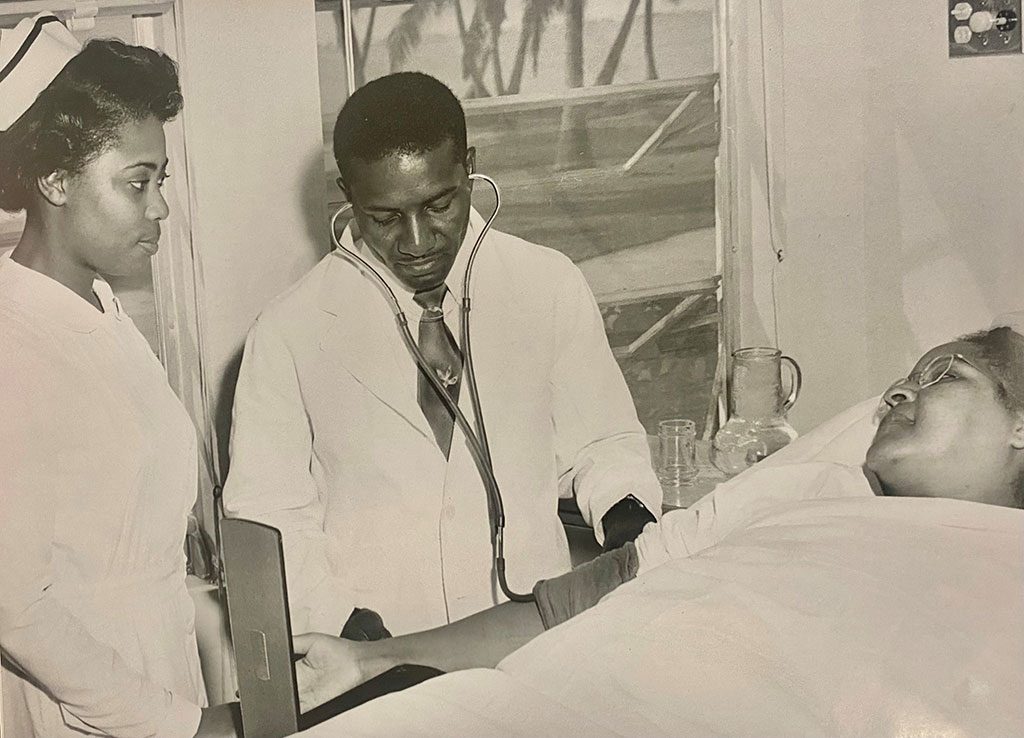This month, we join millions of Americans across the country in honoring the life and work of Dr. Martin Luther King Jr. Recognizing Dr. King’s work remains vital to the progress of this nation, as we work to combat racism, anti-Semitism, and other kinds of hate that unfortunately exist in our world. As we celebrate Dr. King, we reflect on what he stood for and how we can carry on his legacy.
Dr. King dreamed of a united nation and dedicated his life to justice for all. His belief in equality changed our country, and his vision for a world defined by compassion shaped our understanding of what it means to show empathy and kindness to all. We reflect on Dr. King’s courage to use the power of his voice to inspire others to embrace inclusivity and unity.
Mount Sinai is a place where Dr. King’s values, principles, and ideals are firmly upheld — not just this month, but always. In fact, we can look to Mount Sinai’s history as an example of our commitment to embracing diversity. Mount Sinai was founded by a group of philanthropists and community activists who sought to establish a hospital where all physicians, regardless of race or religion, would be allowed to practice medicine without fear of discrimination and where all patients could seek medical care, regardless of their ability to pay.
In that spirit, Mount Sinai was among the first hospitals in the 1950s to grant staff privileges to black physicians, starting in 1952 with Dr. Aubrey Warren Henry.
The NAACP called Mount Sinai’s action a “demonstration of vision and courage.”
D. Lee Powell, the then mayor of Miami Beach said it was “in keeping with the humanitarian and progressive strides already made at the public service institution.”
In its first decade, the medical staff was a veritable “United Nations,” with representatives from nearly every part of the world. Despite the diversity of backgrounds, there was a great camaraderie among physicians.
Seven decades later, Mount Sinai continues to be a medical center that embraces Dr. King’s philosophy of equality and nondiscrimination. Our mission to provide high-quality health care to our diverse community, enhanced through teaching, research, charity care, and financial responsibility also embodies what Dr. King represented.


